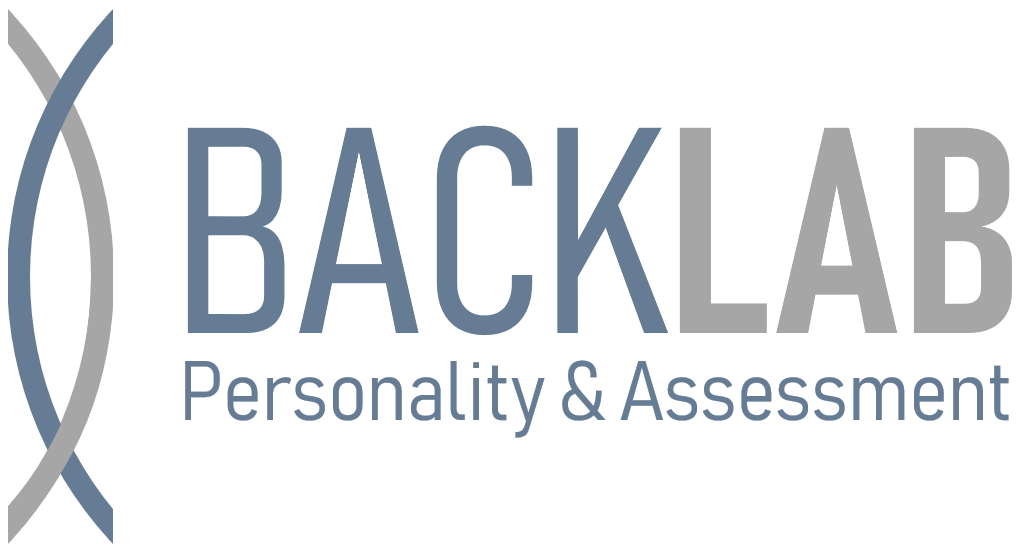Personality and Social Relationships
Personality characteristics of actors and partners have a sustainable influence on the emergence, maintenance and quality of social relationships as well as on the success in social contexts. We examine this influence with a focus on nonromantic peer relationships (e.g., the development of friendships and of social status) and romantic relationships (i.e. from dating to mating to relating) in young adulthood. Thereby we investigate different social contexts (dyadic and group interactions; computer mediated communication) and different stages of the acquaintance process (first impressions at zero acquaintance, interactions at short-term acquaintance, relationship maintenance at long-term acquaintance). We are particularly interested in understanding the mechanisms underlying these social consequences of personality. That is, we analyze the motivational, behavioral, affective, cognitive and perceptual state processes that (a) lead to more or less positive first impressions (i.e. liking, respect, attraction) and subsequently to the selection of social partners and the provision of social resources, respectively, (b) drive relationship transitions such as the development of first encounters into committed relationships or the emergence of status hierarchies, and (c) that determine the quality and stability of close social relationships and peer networks. Theoretically, this work is based on the PERSOC framework, a generic model that can be applied to all kinds of personality and relationship domains and that differentiates between actor, partner, and relationship components of relationship outcomes and social state processes. PERSOC conceptualizes repeated sequences of mental and behavioral state processes taking place within circumscribed social interaction units as driving forces behind the longitudinal interplay of personality and social relationship dispositions. Methodologically, we aim at a most representative capturing of the short- and long-term interaction and relationship phenomena both in laboratory contexts (e.g., group interactions, speed dates) and field contexts (e.g., self- and interaction partner-based experience-sampling reports).

